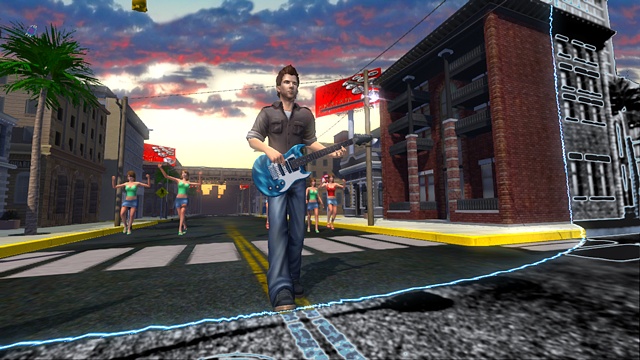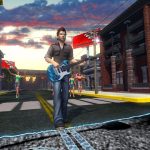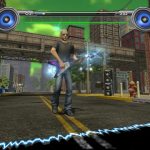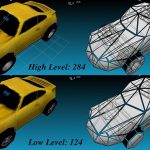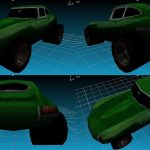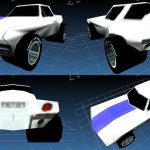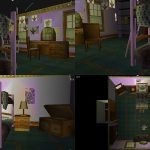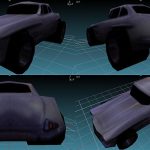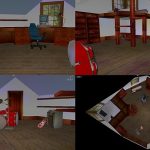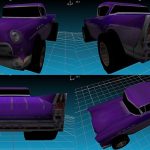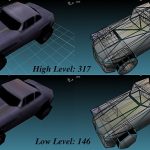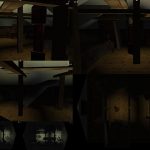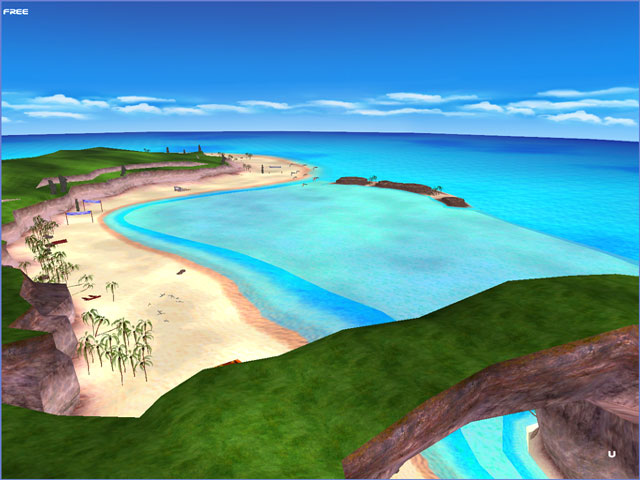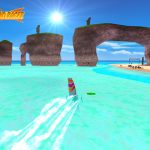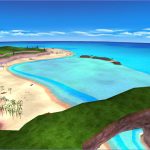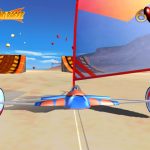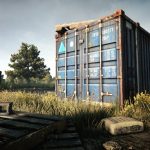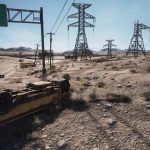Axeman is a cancelled musical on-rail shooter that was in development around 2011 by Pipeworks Software and ImaginEngine, planned to be released on Xbox 360 and Playstation 3. Players would follow a linear path in the city, using a guitar as a “weapon of mass distortion” to take out enemies, bosses and recruit girls into their crew of fans. While there is no gameplay footage available, we imagine Axeman as a mix between REZ and Guitar Hero: by playing different songs, following the rhythm and taking down enemies, you would complete each level and improve your scores.
Axeman was meant to be part of an advertisement campaign for AXE Body Spray, something similar to what Burger King did with Sneak King and Big Bumpin. As far as we know Pipeworks and Axe did release an Android version of Axeman, but the Xbox 360 and PS3 games were canned for some reasons.
Images:

